Use of Force in International Law: Terrorism and State Responsibility
VerifiedAdded on 2023/06/11
|6
|700
|164
Case Study
AI Summary
This case study analyzes the legal aspects of the use of force in international law, particularly in the context of terrorism and state responsibility. It begins by referencing Article 2(4) of the UN Charter, which prohibits the use of force, and discusses the challenges the UN faces in addressing terrorism, including the lack of universal adherence to anti-terrorist conventions and inadequate anti-money laundering measures. The study then examines the conditions under which a state can lawfully intervene in another state's affairs following an armed attack by a non-state actor, referencing the Nicaragua case and the Democratic Republic of the Congo v. Uganda case. It emphasizes that intervention is only lawful if the victim state requests assistance and cannot be based on a third state's independent assessment. The case study concludes by highlighting the importance of achieving normative strength in addressing the use of force by non-state actors, similar to that already established for state actors.
1 out of 6
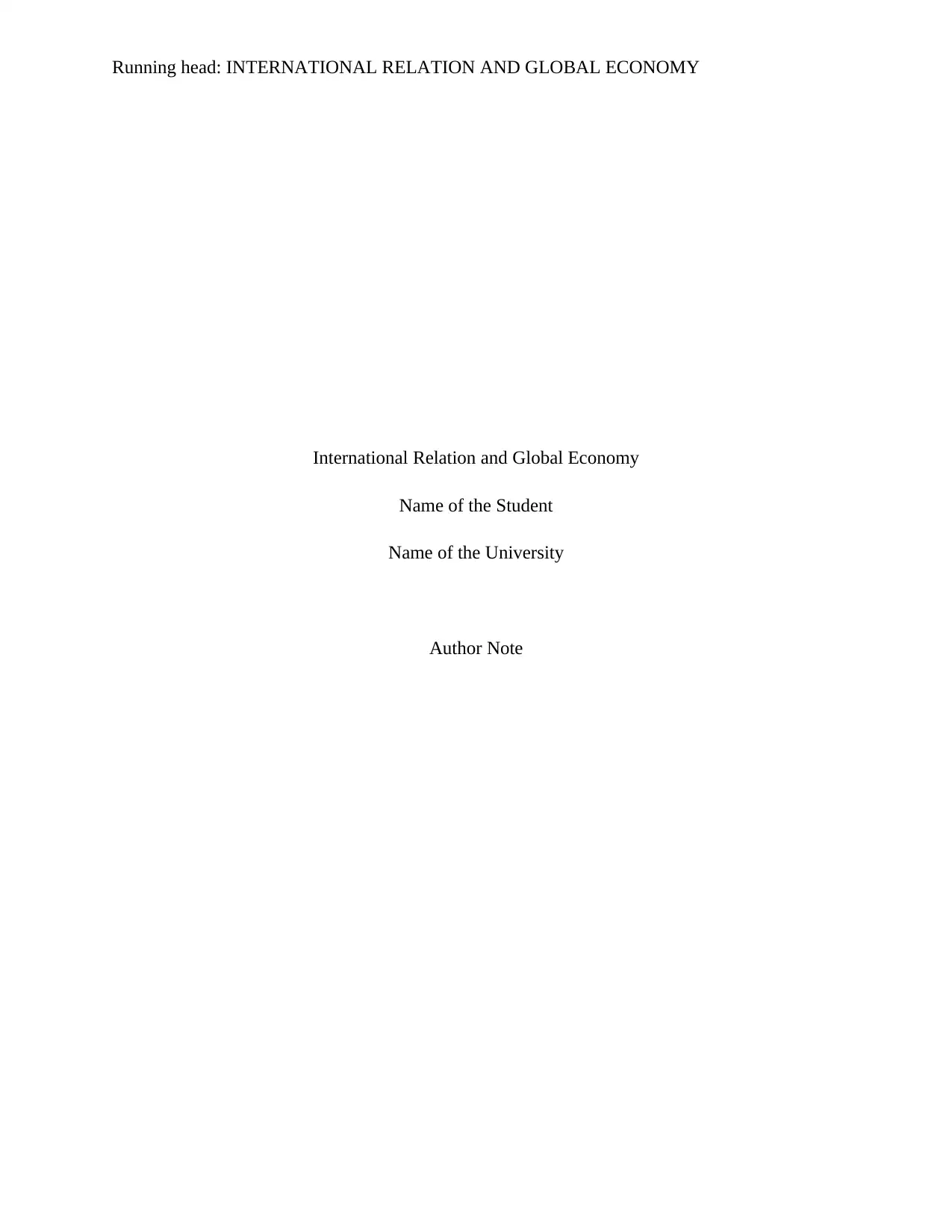
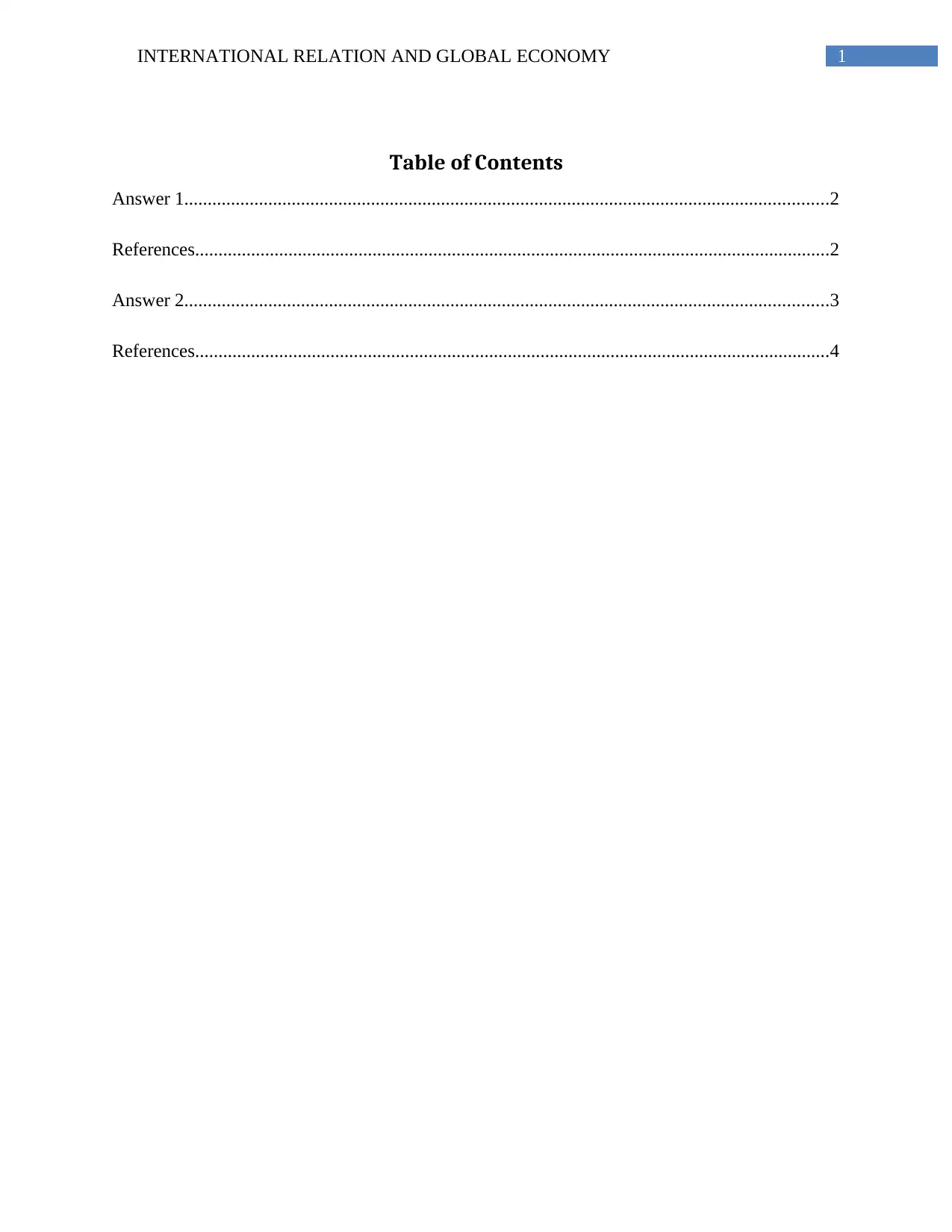
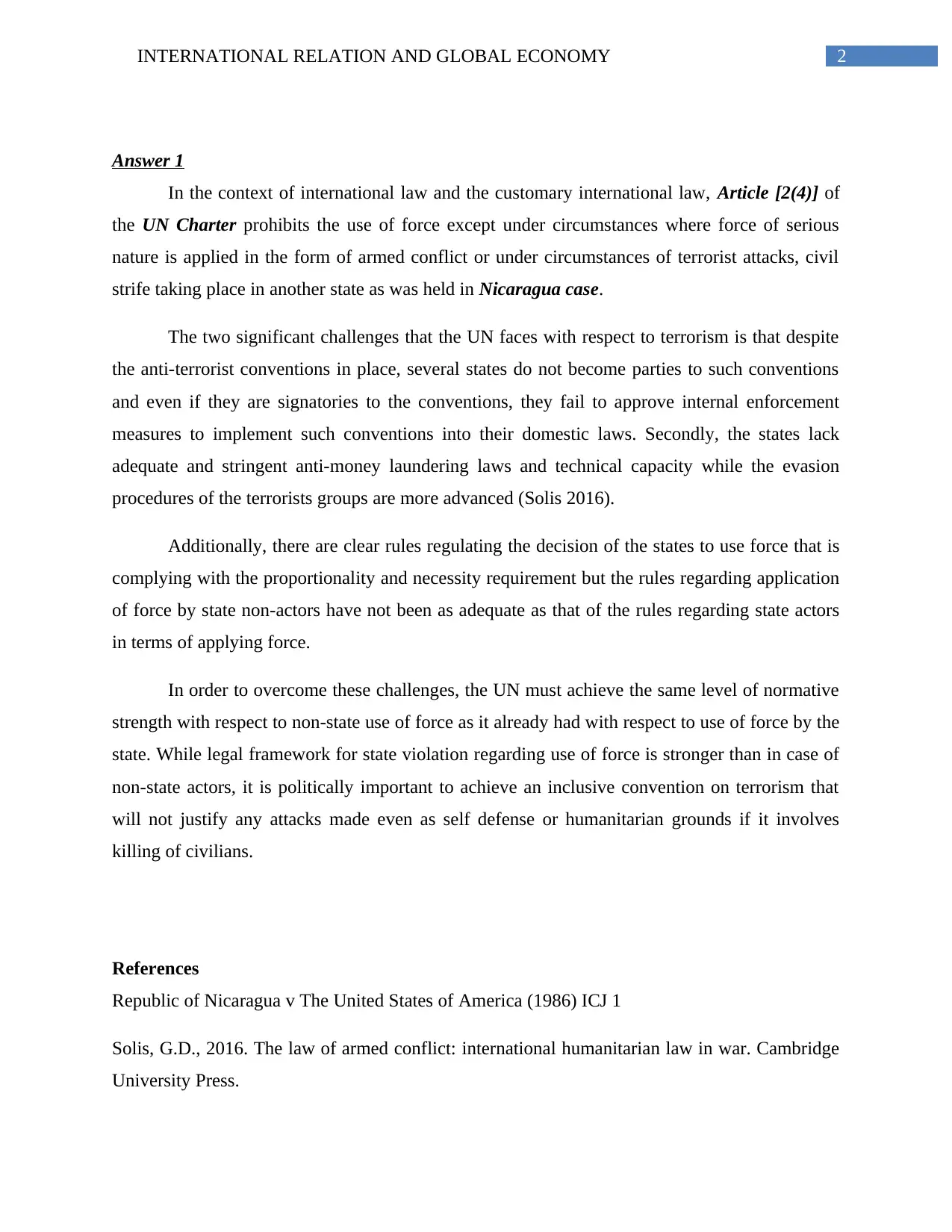

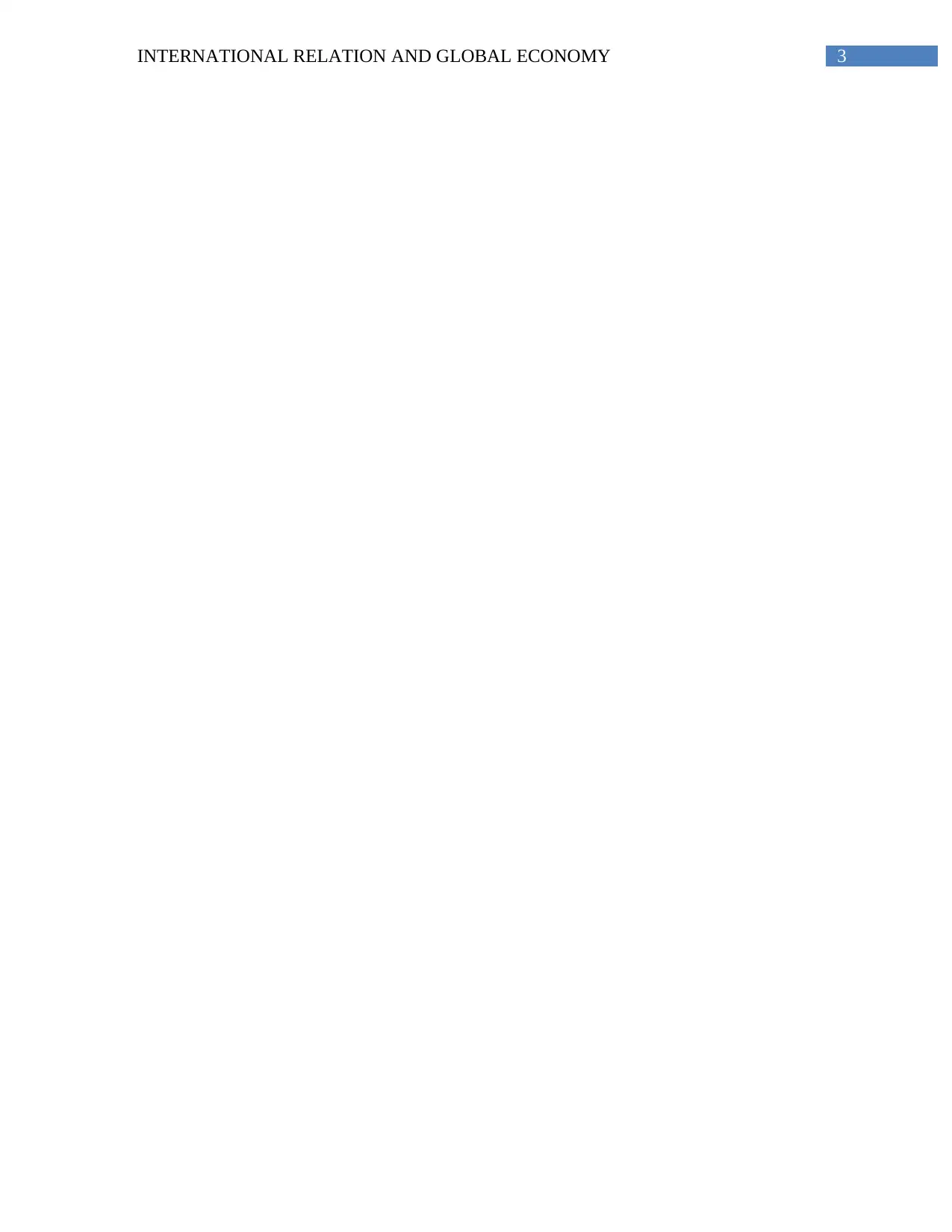
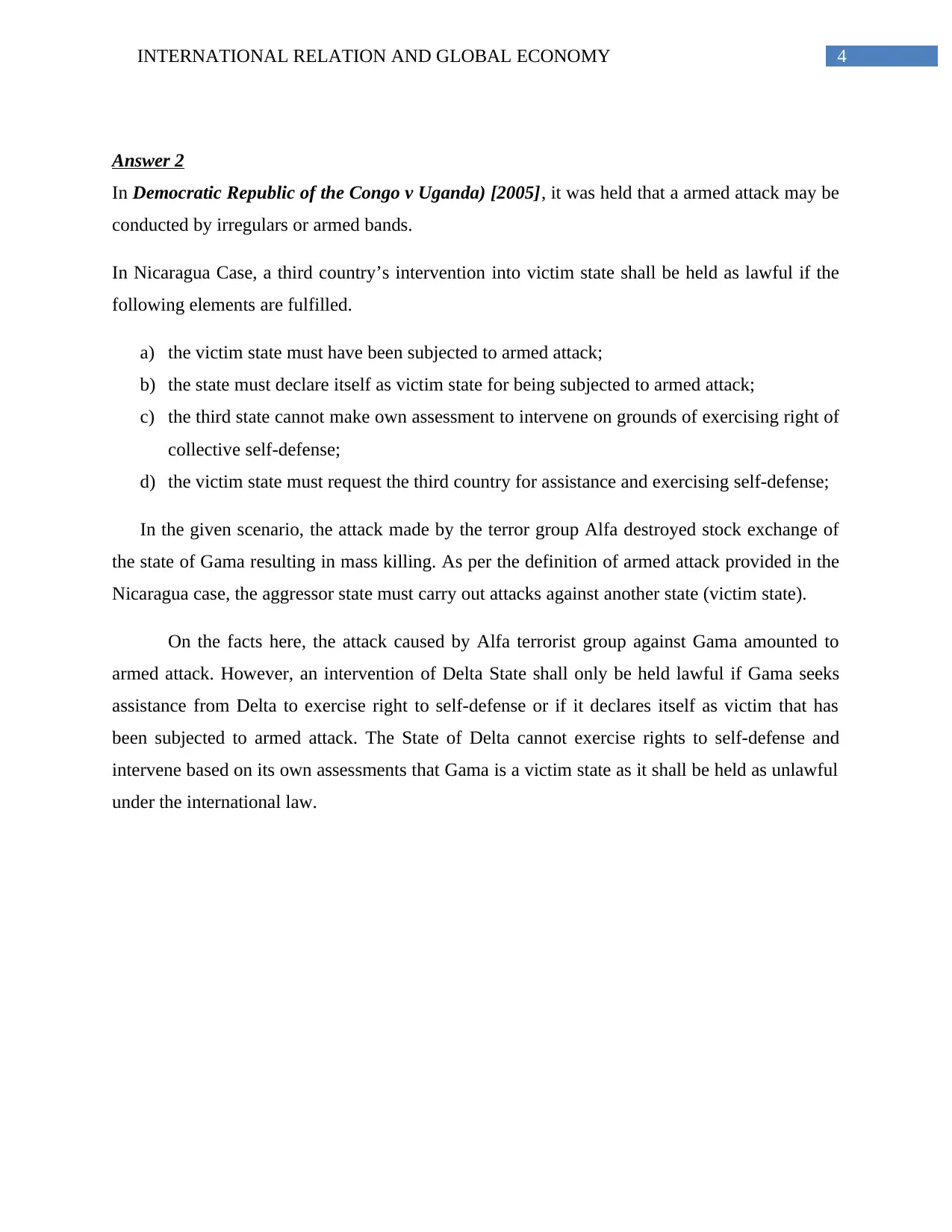
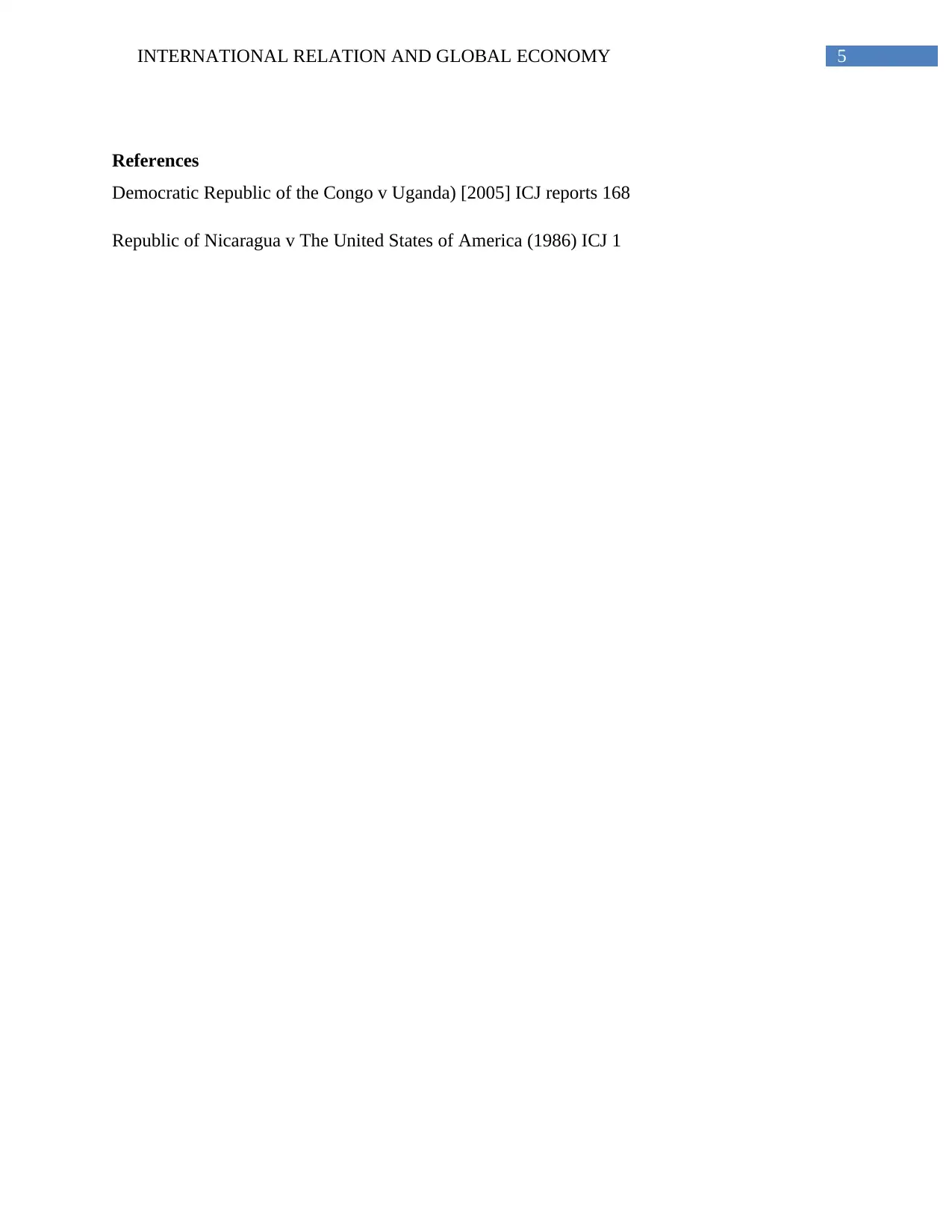

![[object Object]](/_next/static/media/star-bottom.7253800d.svg)